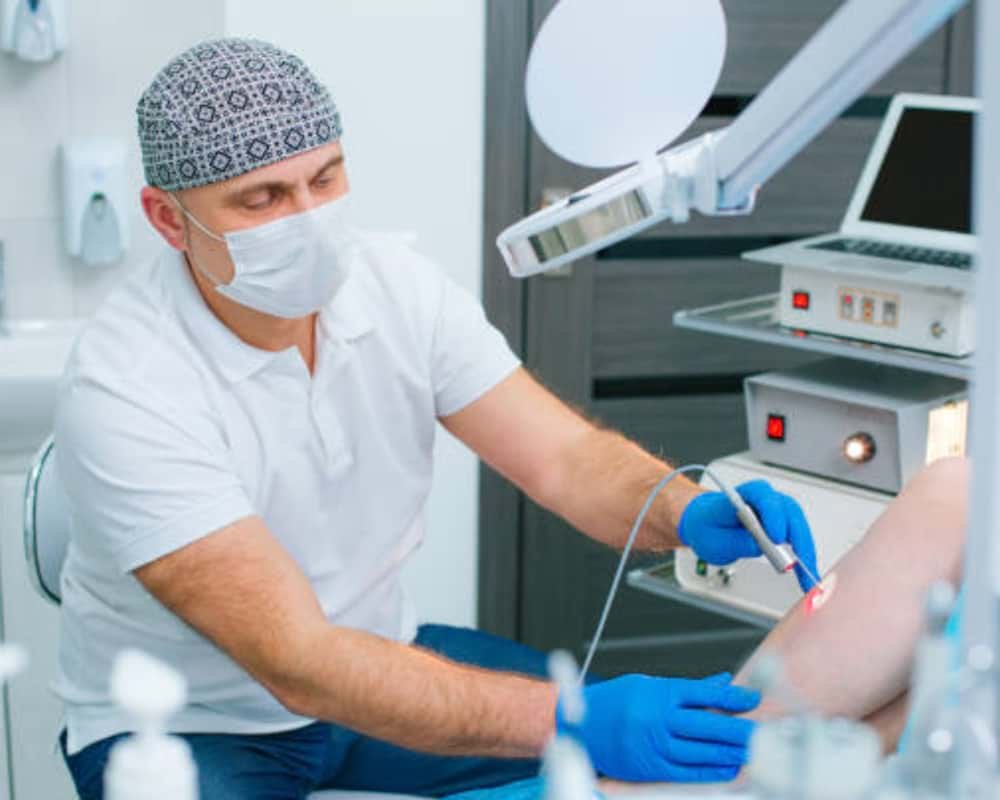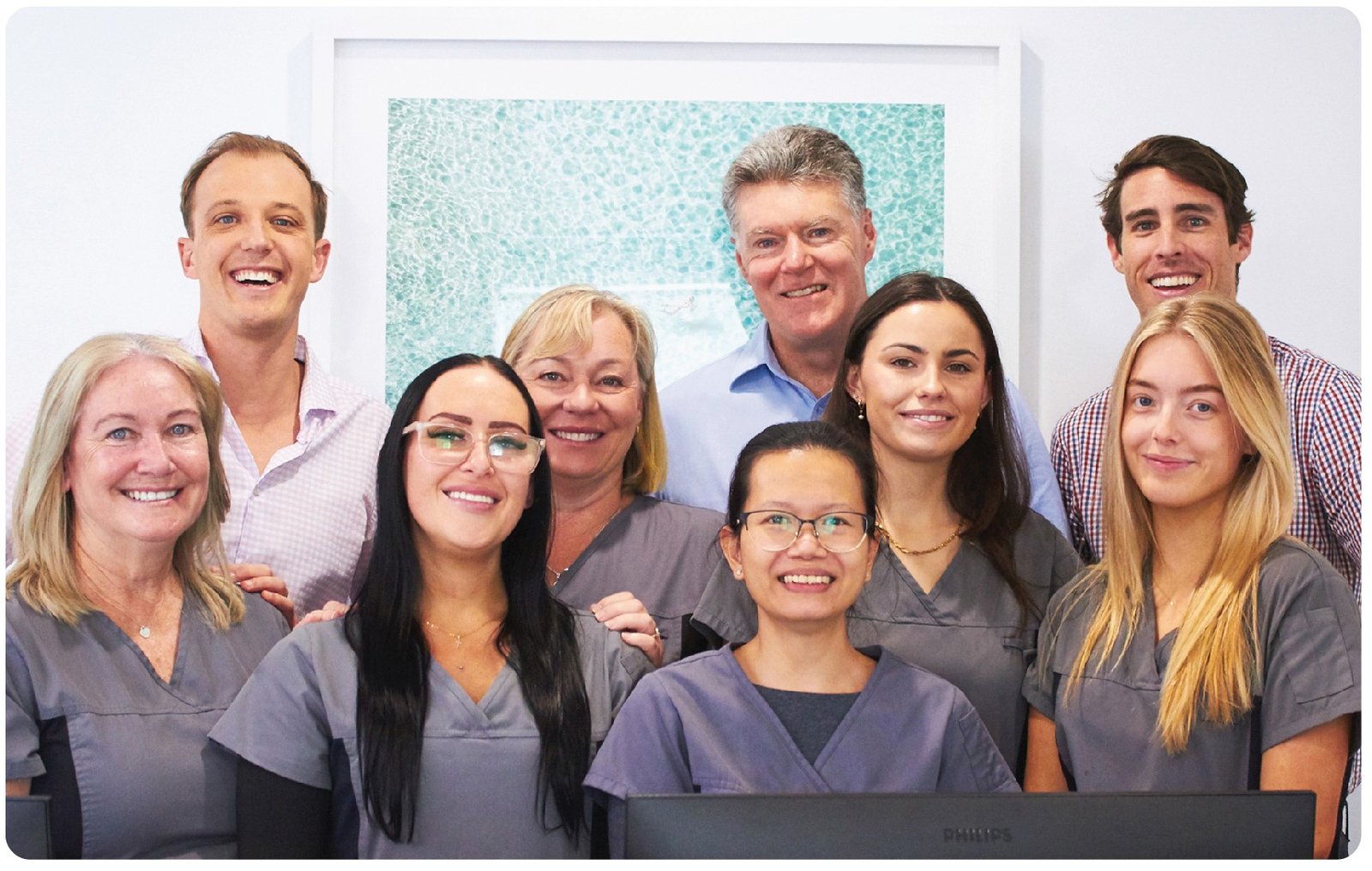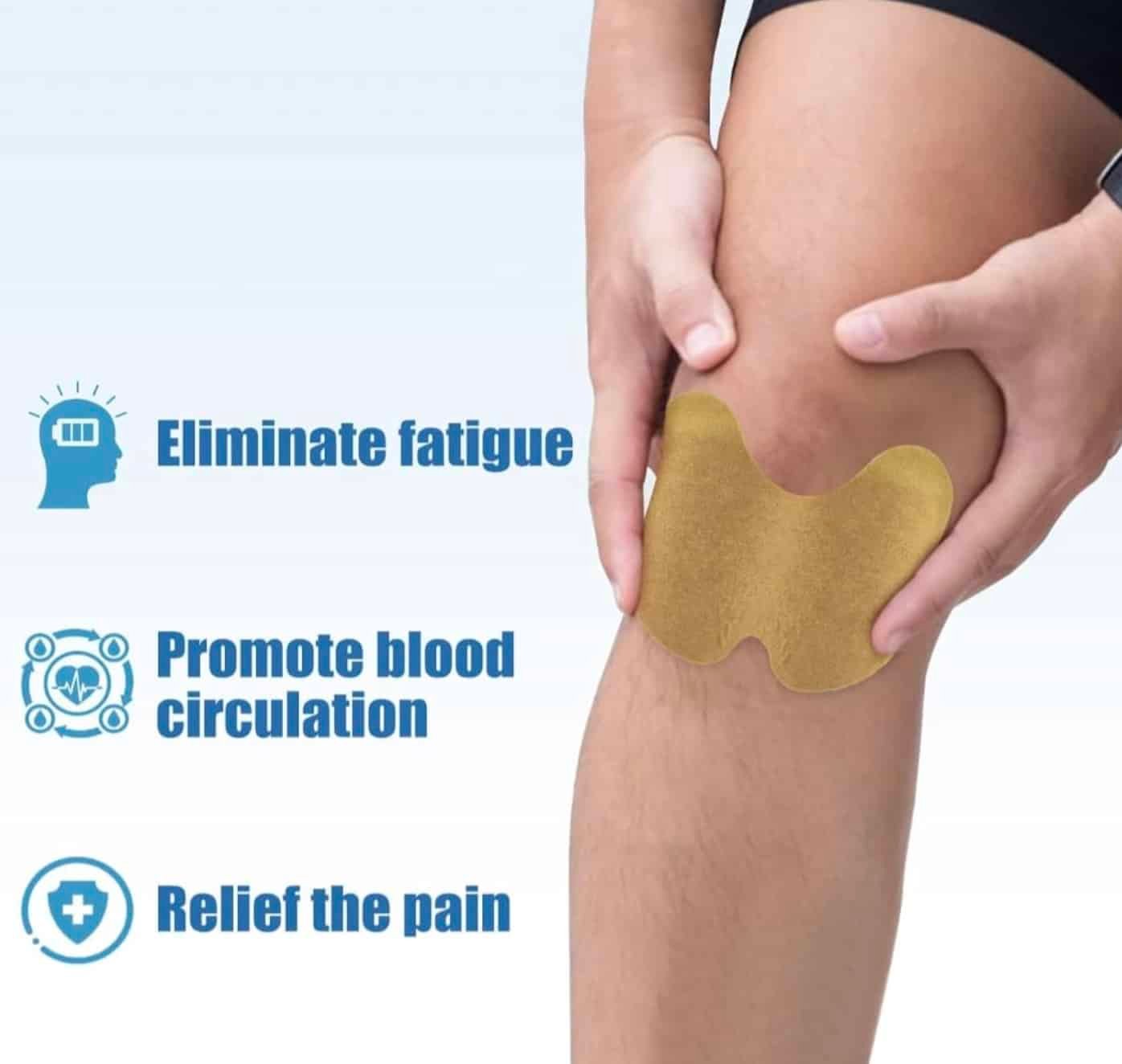Introduction:
Vein disorders, such as varicose veins and spider veins, affect millions of people worldwide. These conditions can cause discomfort, pain, and aesthetic concerns. While many people may wonder, “What kind of doctor treats veins?” the answer lies in the specialized field of phlebology. In this comprehensive guide, we will explore the role of a phlebologist, their qualifications, and the importance of their expertise in vein treatment. We will also delve into the different types of vein conditions, the various treatments available, and the impact of these treatments on patients’ lives.
Understanding Phlebology and Phlebologists:
1.1 What is Phlebology?
Phlebology is a medical specialty that focuses on the study and treatment of vein disorders. Phlebologists are physicians who have undergone specialized training to diagnose and manage venous conditions comprehensively. They possess an in-depth understanding of the circulatory system, particularly the veins, and are well-equipped to provide effective treatment for various venous diseases.
1.2 Qualifications of a Phlebologist:
To become a phlebologist, a physician typically completes a medical degree and then pursues further training and certification in the field of phlebology. This specialized training allows them to develop expertise in diagnosing and treating a wide range of venous disorders, making them the go-to what kind of doctor is a vein specialist concerns.
Vein Conditions and Symptoms:
2.1 Varicose Veins:
Varicose veins are enlarged, twisted veins that usually occur in the legs and can be both a cosmetic concern and a source of discomfort. They may cause pain, heaviness, and swelling in the affected area.
2.2 Spider Veins:
Spider veins are smaller, web-like veins that often appear on the legs and face. While they are usually not painful, they can be unsightly and may indicate an underlying venous issue.
2.3 Deep Vein Thrombosis (DVT):
DVT is a serious condition where a blood clot forms in one of the deep veins, most commonly in the legs. If not treated promptly, DVT can lead to life-threatening complications.
Role of Phlebologist in Vein Treatment:
3.1 Diagnostic Procedures:
Phlebologists employ various diagnostic tools and techniques to assess the severity and extent of venous diseases. These may include venous ultrasound, venography, and doppler studies, which help identify underlying issues accurately.
3.2 Non-Invasive Treatments:
Phlebologists often utilize non-invasive or minimally invasive treatments for vein conditions. Procedures like sclerotherapy and endovenous laser treatment (EVLT) can effectively treat varicose and spider veins without the need for surgery.
3.3 Surgical Interventions:
In more severe cases or when non-invasive treatments prove inadequate, phlebologists may perform surgical procedures like vein ligation and stripping. These interventions aim to remove or close off problematic veins to improve blood flow and alleviate symptoms.
The Importance of Vein Treatment:
4.1 Relieving Discomfort and Pain:
Vein treatments can significantly reduce the discomfort and pain associated with conditions like varicose veins, allowing patients to regain their mobility and quality of life.
4.2 Enhancing Aesthetics:
For many patients, the appearance of visible veins can be a source of self-consciousness. Vein treatments can improve the aesthetics of the affected area, boosting the individual’s confidence and self-esteem.
4.3 Preventing Complications:
Left untreated, vein disorders can lead to more severe complications such as blood clots, skin ulcers, and even life-threatening conditions like pulmonary embolism. Phlebologists play a crucial role in preventing these complications through timely diagnosis and appropriate treatment.
Future Directions in Vein Treatment:
5.1 Advancements in Non-Invasive Treatments:
As medical technology continues to advance, we can expect further improvements in non-invasive treatments for vein conditions. These treatments will likely become more effective, safer, and with reduced recovery times.
5.2 Personalized Medicine:
The field of phlebology, like many other medical specialties, is moving towards a more personalized approach to treatment. Genetic testing and individualized care plans may become more common, optimizing treatment outcomes for each patient.
Conclusion:
In conclusion, phlebologists are specialized physicians dedicated to diagnosing and treating various vein disorders. Through their expertise, they can provide patients with effective solutions, relieve discomfort, improve aesthetics, and prevent potential complications. As medical research and technology continue to progress, the field of phlebology is poised to offer even more advanced and personalized treatments for vein conditions, ensuring better outcomes and improved quality of life for patients worldwide.




